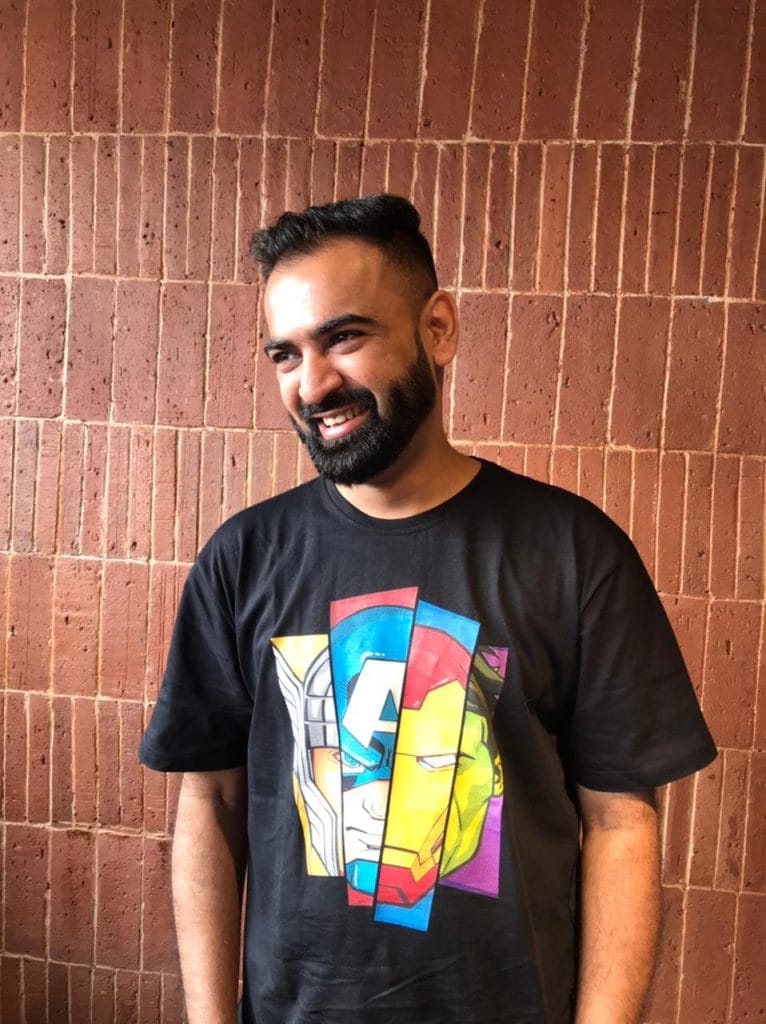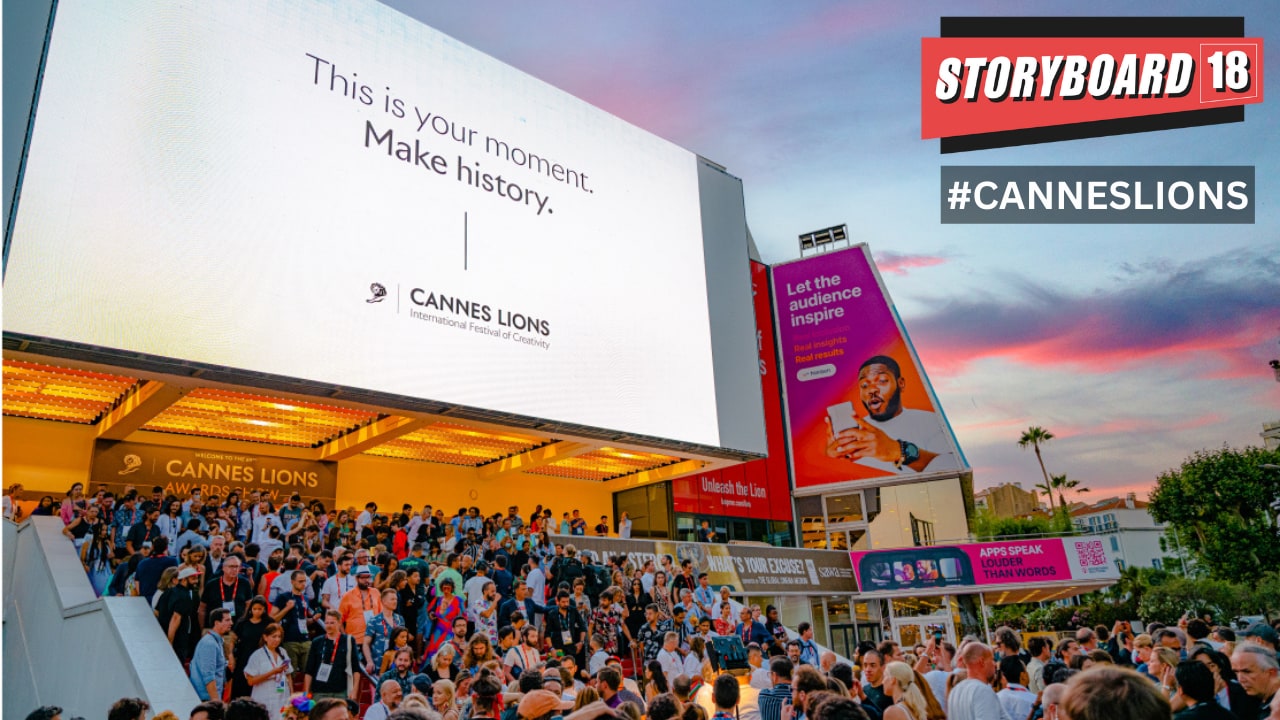The first thing I did was learn the proper pronunciation of Cannes Lions. And for those of you who didn’t know it’s pronounced Kan-Lai-Uhnz from the epiglottis.
The oh so Cannes experience expands from the baguettes and croissants at Le Suquet Street to the high fashion, the work, and the red carpet at La Croisette Street. What truly blew my mind as I was soaking in all these experiences was that the cohort of people here weren’t looking to hit the skip button on anything. The people here were the ones who truly gave a shit about advertising. They are the nosy ones, the ones who understood culture, the ones who were infatuated with the uncomfortable. And some of them are the ones crazy enough to think that they can change the world.
It’s only been day 3 of the festival, but what I’ve witnessed is nothing short of spectacular. Here are a few lessons that I’ll take back because they are forever tattooed in my memory:
1: The death of the 30-seconder and the dawn of creative solutions
The one thing that becomes brutally clear from the moment you land is the real benchmark for creativity. The things we sell haven’t changed, but how we sell them has. The era of ads is behind us, and we are now in the era of acts. Where grand brand gestures are the only way to create disproportionate value.
2: The 3% rule: good is actually the worst you can do.
97% of the entries submitted doesn’t win at Cannes. So the almanac for Cannes is slightly different. Effectiveness is table stakes; counter-intuitiveness gets you a seat at the table, outrageousness makes you a contender, masterstrokes get you a bronze; magic gets you a silver; moon shots get you the gold; and only mutant DNA wins you the grand-prix.

3: Artificial Intelligence can’t survive without Human intelligence.
Every other speaker session at Cannes had something to say about the transformational power of Generative AI. But the undeniable truth to it all is that artificial intelligence needs human intelligence as the active fertiliser to bear fruit. Artificial intelligence is only as good as the brief that human intelligence gives it. Humans need to play the role of prompt engineers and become the messiah for machine led creativity. The only way to vanquish our fears is to embrace AI with open arms.
4: Capitalism must find a way to coexist with sustainable positive impact
Misguided purpose and altruistic tokenism have become cuss words and crutches for poor creativity. I know that there’s already an ongoing debate on purpose vs. profit. But the way I see it after all the work I’ve witnessed is that brand Love’ is ultimately a function of the breadcrumb of ‘good’ that brands leave behind. It’s about the ripple effect of what a brand could do when they just sell versus what they do when they sell while making the world a better place. The former gets you money in the bank, the latter gets you goodwill that money can never buy.
5: Subterfuge, vandalism, and provocation are evergreen tools for creativity
Every gold and Grand Prix winner passed the litmus test of the jury. But I noticed something peculiar happening in the hall when the winners were announced. The audience applause for each case was different. Some of them were loud, some of them lasted for a couple of seconds, and then there were a few that kept going. The decibel level of the applause had a direct correlation to the level of subterfuge. I didn’t have a device to track the decibel levels, but the campaigns that managed to instigate a euphoric response were always the ones that made provocation and counterintuitive thinking their biggest allies.
I’m sure there are many more lessons to be learned from the global stage of creativity. But for now, I’m just going to immerse myself in the spectacles that await us for the next two days, and I’ll worry about the lessons when I get back home.
Raghav Swamy is the associate vice president – strategy at Leo Burnett India. Views expressed are personal.
